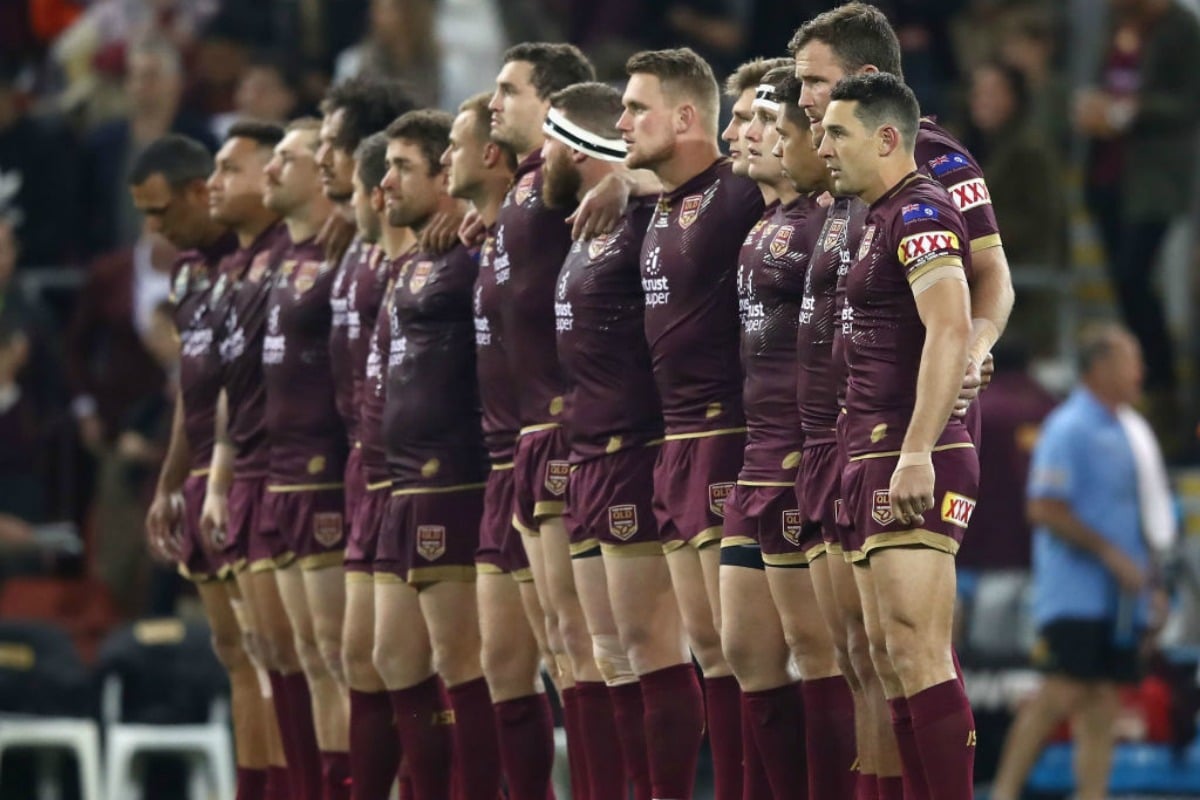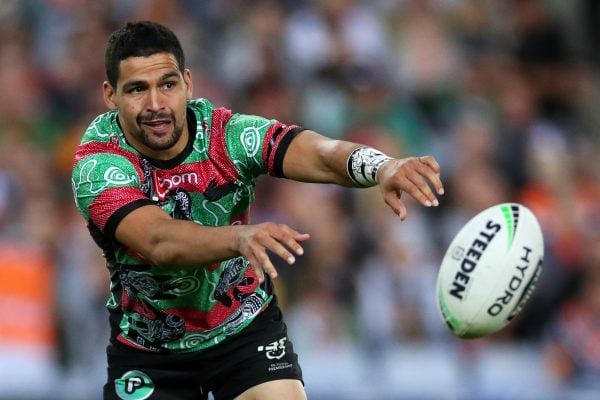
“Australians all let us rejoice for we are young and free…
My people die young in this country. We die 10 years younger than the average Australian, and we are far from free.”
That line from Stan Grant’s 2016 IQ2 Racism Debate perfectly encapsulates the problematic nature of our national anthem. This song, which is meant to be reflective of the nation we call Australia, has not stood the test of the ever-changing face of our society, and it certainly has never acknowledged the true story or presence of its First People.
As a proud Kamilaroi and Dunghutti woman, I stopped singing the national anthem in high school. Growing up and learning of the ways the systems in power in this country continue to exclude and discriminate against my people, I found Advance Australia Fair went from sounding like old-fashioned, emotionless droning, to a rhythmic collection of lies.
Listen to the latest episode of Mamamia Out Loud below. Post continues after audio.
The Australia me and my family, and all the Indigenous mob across the continent live in, sees us as young, but far from free. For as long as our young people are more likely to see the inside of a gaol cell than a university campus; for as long as they feel so hopeless and alone that they choose to take their own lives as barely teenagers and for as long as we are not recognised in the founding document of this country, our constitution, we are not free to enjoy the possibilities that are provided to so many other Australians.


Top Comments
For those who it will not affect, let the ones who it does affect change it...
I hope that makes sense. I read something similar a while ago and thought it was a very good argument.
Who wouldn't be affected by this change?
As a white Australian I agree with Marlee about this song that most white Australians consider to be our "National Anthem", does NOT truly recognise the first peoples that were here for thousands of years before any white settlement etc. To me this song is a dirge of white colonial "ideals" (sic), & really has nothing to do with our Indigenous peoples at all. When I was in Primary school we used to sing & listen to "The song of Australia" (I think that is what it was called) & from memory it made more sense than this song we have now. I cannot remember the words, but from memory it was really stirring & was a good tune too. Just a thought.
Maybe look up the words. It doesn't make any more sense. And referral to Australia as Britain's daughter, so not really appropriate